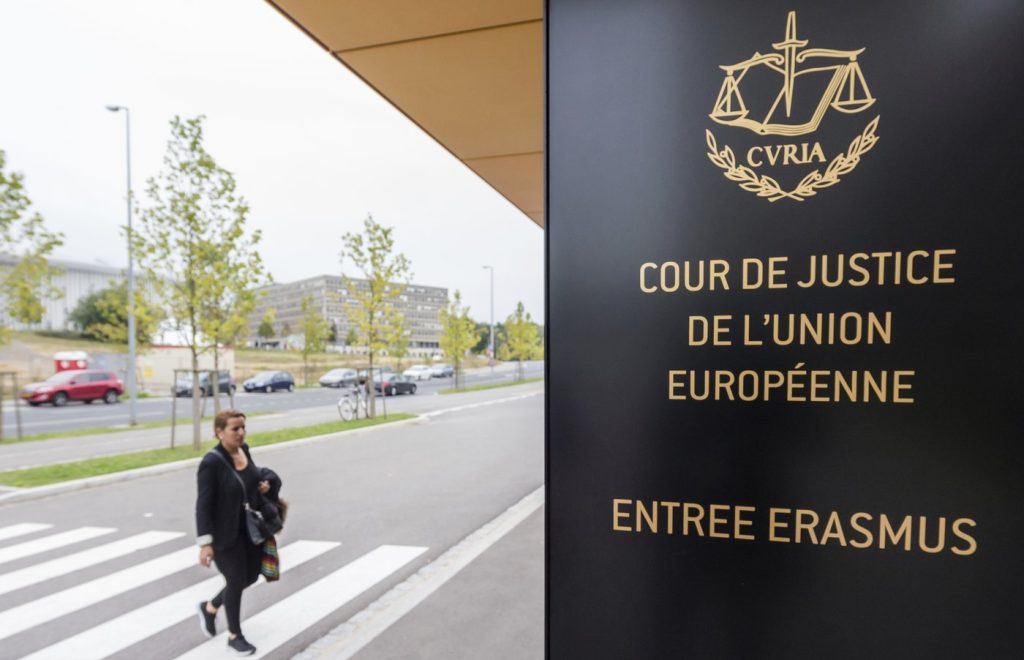BRUSSELS (AP) – The European Court of Justice (ECJ) on Tuesday mandated Malta to terminate its "golden passport" program, which has been criticized by anti-corruption advocates and EU officials for enabling white-collar crime and the evasion of sanctions. This decision marks a significant blow to a controversial scheme that allowed wealthy individuals to obtain Maltese citizenship through financial investment.
The court ruled that the golden passport program contravened EU law, even after Malta implemented reforms aimed at addressing earlier criticisms. According to a judge at the court in Luxembourg, the program reflects the commercialization of national citizenship, effectively undermining the principles of union citizenship.
In response to the ruling, Malta's government stated it would respect the ECJ's decision while analyzing the "legal implications" of the ruling. The government defended the program, highlighting that it had generated approximately 1.4 billion euros ($1.6 billion) for the Maltese economy since its inception in 2015. However, transparency advocates celebrated the ruling as a victory against corruption.
Former Prime Minister Joseph Muscat, who was instrumental in launching the golden passport program, took to Facebook to argue that the court's decision was "politically motivated." He suggested that instead of abolishing the program, it should be subject to reform. Meanwhile, current Prime Minister Robert Abela had previously assured the public that the scheme was safe and advantageous.
Maltese journalist Matthew Caruana Galizia, whose mother Daphne Caruana Galizia was killed in 2017 due to her investigative reporting on corruption, welcomed the court's ruling. He described it as a victory for the Maltese public and for EU residents who were at risk from corrupt individuals exploiting financial loopholes to gain entry into the Union. Galizia urged the Maltese government to terminate the controversial program and reassess its "golden visa" initiative, which provides residency to affluent foreigners.
The golden passport concepts were adopted across various European countries and the United Kingdom as a response to the 2009 financial crisis. However, growing concerns about white-collar crime, corruption, money laundering, and security risks—exacerbated by incidents such as the 2018 Salisbury poisoning—led many EU nations to abandon similar programs in the following decade.
The European Commission had initiated infringement procedures against Malta and Cyprus in 2020 regarding their golden passport schemes. While Cyprus ended its program in 2021, and Bulgaria followed suit in 2022, Malta remained one of the last EU countries to operate such a scheme until this ruling.
The ongoing conflict stemming from Russia's invasion of Ukraine has intensified scrutiny of these programs. Critics argued they allowed individuals associated with the Russian government, including those under EU sanctions, to circumvent restrictions and obtain EU citizenship. A report by Transparency International in 2023 indicated that Russians subject to sanctions had been using recently acquired Maltese passports to establish businesses in France.
Transparency International's chief, Maíra Martini, emphasized that numerous cases have demonstrated how these citizenship schemes have provided a safe haven in the EU for corrupt actors and questionable individuals from various parts of the globe. The court’s ruling not only impacts Malta but also affirms that none of the 27 EU member states can continue running similar programs.
Notably, the court's ruling coincides with recent announcements from U.S. President Donald Trump regarding the introduction of a "gold card" visa program that could pave the way for U.S. citizenship in exchange for a $5 million investment.
As the fallout from this ruling unfolds, the broader implications on citizenship and investment programs in Europe are likely to be a key topic of discussion amongst policymakers and advocates for transparency and accountability.










